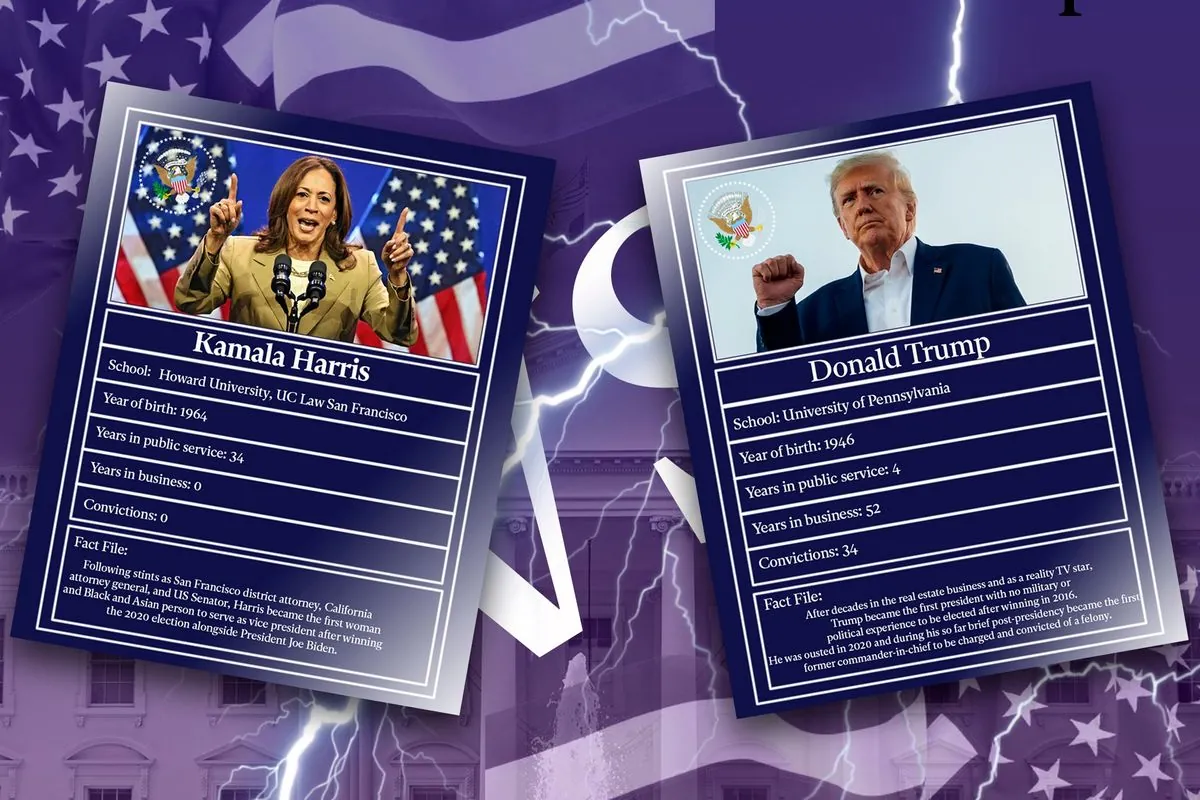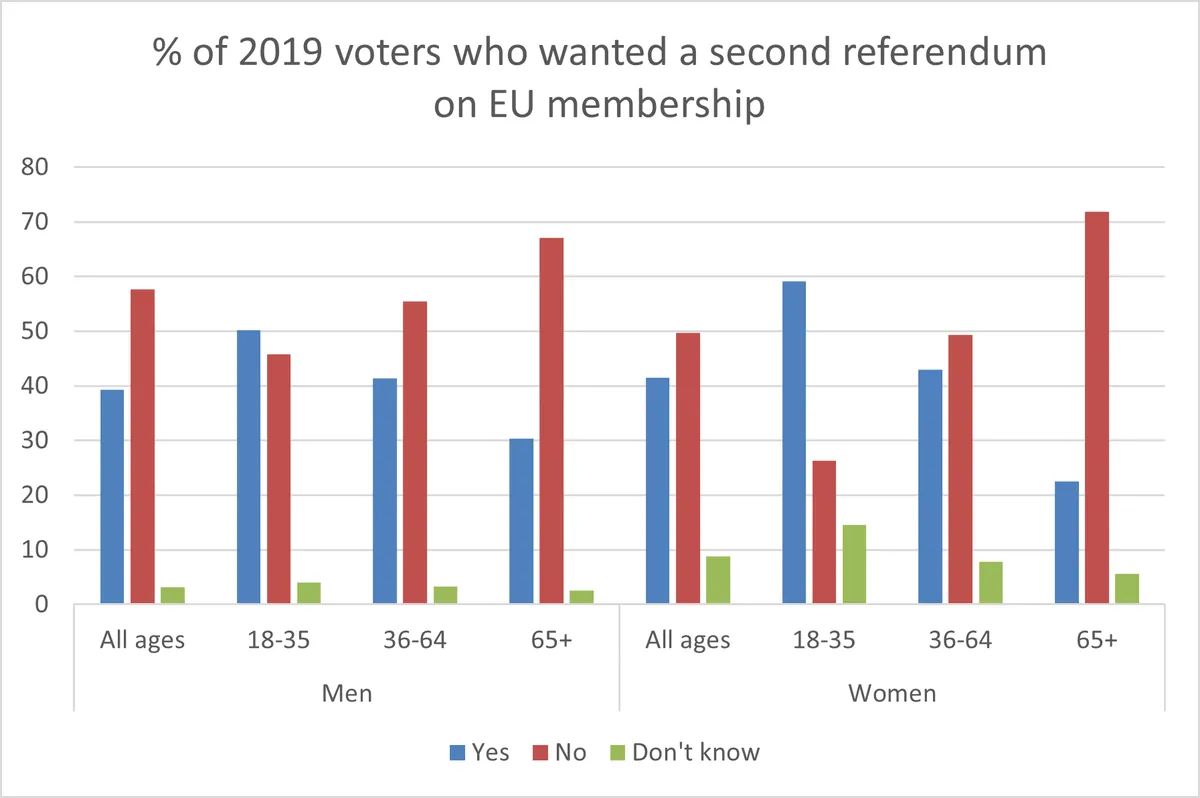Gender Perceptions Shift in 2024 U.S. Presidential Race
New poll reveals changing attitudes towards gender in American politics, with increased belief that being a woman may hinder Kamala Harris's chances compared to Hillary Clinton's 2016 run.

A recent poll conducted by The Associated Press-NORC Center for Public Affairs Research has unveiled a significant shift in American attitudes towards gender in presidential elections. The survey, conducted from September 12-16, 2024, highlights evolving perceptions as the United States approaches another historic election.
Kamala Harris, the current vice president and second female major-party nominee for president, faces a different landscape compared to Hillary Clinton's 2016 campaign. The poll indicates that Americans are more likely to believe Harris's gender will hinder her chances in the upcoming November election.
This shift in attitudes is primarily driven by Democrats, particularly Democratic men. Approximately half of Democratic men now believe Harris's gender will hurt her chances "somewhat" or "a lot," compared to only 3 in 10 who held this view about Clinton eight years ago. Democratic women have also become more skeptical, with about half now expressing concern about the impact of gender on Harris's candidacy.

Interestingly, the poll also reveals an increased perception that Donald Trump's gender will benefit him in the election. About 4 in 10 U.S. adults now believe being a man will help Trump's chances, up from around 3 in 10 in 2016.
These findings reflect the complex interplay of gender and politics in the United States. Since the ratification of the 19th Amendment in 1920, which granted women the right to vote, the country has made significant strides in women's political participation. However, as of 2024, the U.S. still ranks 72nd globally in women's representation in national legislatures, highlighting the ongoing challenges faced by women in politics.
The poll's results seem to align with the campaign strategies of both candidates. Harris has focused less on the history-making potential of her candidacy and more on issues like reproductive rights. In contrast, Trump has continued to cultivate a masculine image, often playing the song "Macho Man" at his rallies and positioning himself as a "protector" of women.
"I would say this country doesn't really have an outstanding track record of supporting female candidates."
This sentiment reflects the broader challenges women face in leadership positions. Research shows that women leaders are often judged more harshly than their male counterparts and face conflicting expectations to be both assertive and likable, a phenomenon known as the "double bind."
Despite these challenges, some voters believe that Trump's controversial rhetoric might actually benefit Harris. Elizabeth Aguilar, a 48-year-old university professor from Illinois, suggested that Trump's "misogynist attitude" might lead voters to overlook Harris's gender.
Hillary Clinton, in a recent interview, expressed optimism about Harris's chances. She noted that the nation has become more accustomed to the image of female presidential candidates, having seen not only her run in 2016 but also multiple women in the 2020 Democratic primary.
As the United States approaches another historic election, the impact of gender on voter perceptions remains a complex and evolving issue. While progress has been made since Victoria Woodhull became the first woman to run for U.S. President in 1872, the path to gender parity in politics continues to be challenging. The outcome of the 2024 election may provide further insights into the role of gender in American politics and potentially inspire more women to pursue political careers through the "role model effect."


































